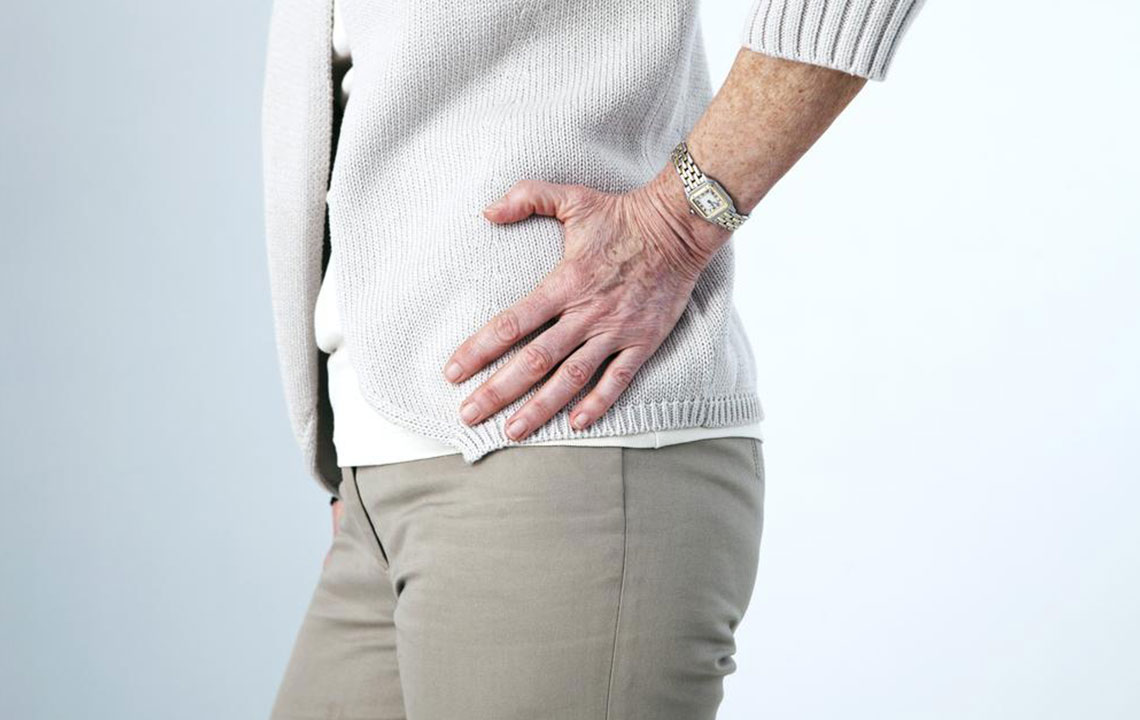Best Treatments to Get Relief from Hip Bursitis
Are you suffering from constant pain in your hip that increases when you try to walk or run? Is it prolonging for some time now? Is it getting worse and is the pain spreading down your leg? If the answers to all these questions are positive, then you may be suffering from hip bursitis.
Hip bursitis, also called trochanteric ursitis, is a condition where the bursa gets inflamed. Bursa is a small sack of fluids between your tendon and bone that helps prevent friction.

- Trochanteric bursa
Located between the greater trochanter and the attachments of the gluteal muscles, at the outside of the hip. - Gluteus medius bursa
Located between the gluteus medius muscle and the greater trochanter, just at the middle of the trochanteric bursa. It is comparatively smaller. - Iliopsoas bursa
Located between the iliopsoas muscle and the underlying bone at the front of the hip joint. - Ischial bursa
Located in between the hamstring tendons and the base of your pelvis.
Relief for Hip Bursitis
When you are in constant pain, relief becomes a necessity. Anything that will give you some relief for hip ursitis pain is a welcome advice.
- Exercising
This is the primary option when it comes to relief for hip bursitis. As keeping the muscular foundation of your hip is the primary goal, almost all doctors will advise you to do some exercises to help your hip recover. Exercises or any other physical activity help to prevent muscle atrophy, allowing the strength of your hip region to grow back. It normalizes your mobility and develops the destroyed muscles. It will also prevent your hip from future traumas. However, if you suffer from chronic bursitis, then you may have to take help of physiotherapy to cure your hip and gain the ability to function properly. In the meantime, you can follow these exercises to give yourself some relief from the pain. - Hip ridges
This exercise engages the hip flexors, glutes, hamstrings, and quadriceps. These are the muscles that comprise your hip. They play a major role in supporting the hip joint, , thereby improving your hip strength. - Lying lateral leg raise
The outside portion of your upper leg is composed of the iliotibial band. You should do a lateral leg raise to help develop and strengthen this band. This vascular band is actually essential for a side-to-side leg movement. However, this band is neglected during running or walking, as they involve a forward-backward motion for your leg. So, you must take special time to concentrate on this band by doing this exercise. - Lying leg circles – Leg circles are a good exercise to promote mobility to your legs. They help to attain a wide range of motion, flexibility and strength to all the muscles, small or big that makes your hip and leg rotation possible.
To get the best result, you must exercise daily with these procedures. Try to do five sets of each with 15-20 repetitions. Following this standard chart will strengthen your hip muscle quickly. However, never overdo the exercises, as that may lead to an adverse effect on your hips.
If there is a problem to stick with the routine daily, then at least do these three to four times a week. These exercises are designed to boost the strength of your hip and the surrounding muscles. These will also make sure that you don’t suffer from a hip bursitis in the future. These are particularly easy and harassment-free exercise techniques, as you won’t need anything, but a yoga mat to do these.
- Steroid Shots
If exercises don’t work, then your doctor will suggest steroid shots as they are provide good relief from hip bursitis. You will have to take one or two shots in a couple of month’s gap. - Surgery
Surgery is the last resort a doctor adopts when all the other treatment fail. However, it is a simple procedure where the surgeon removes the bursa surgically from your hip. The doctor may even just inject out the fluid from the bursa.
Follow these remedies to get relief from hip bursitis to get a speedy recovery. But if the exercises don’t help or your pain persists and does not show any sign of decrease, then consult your orthopedic doctor immediately. He/she will know which type of treatment for hip bursitis will suit your condition and give you relief from the discomfort.